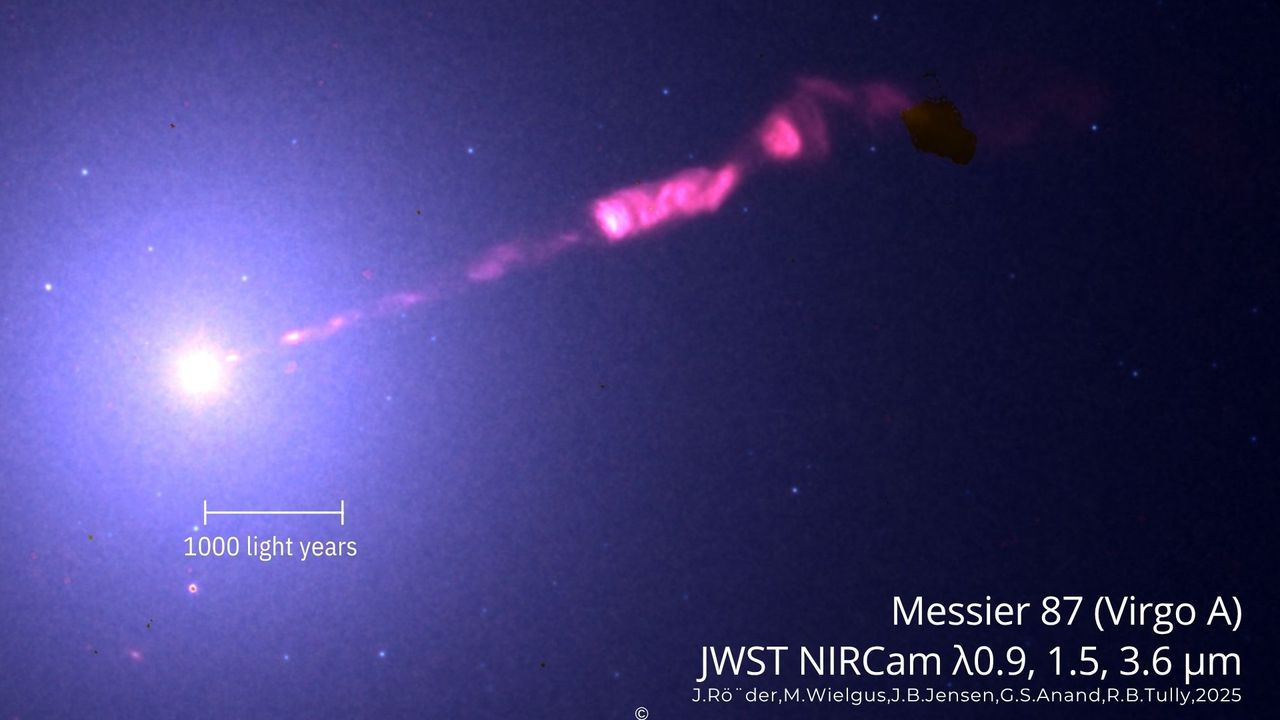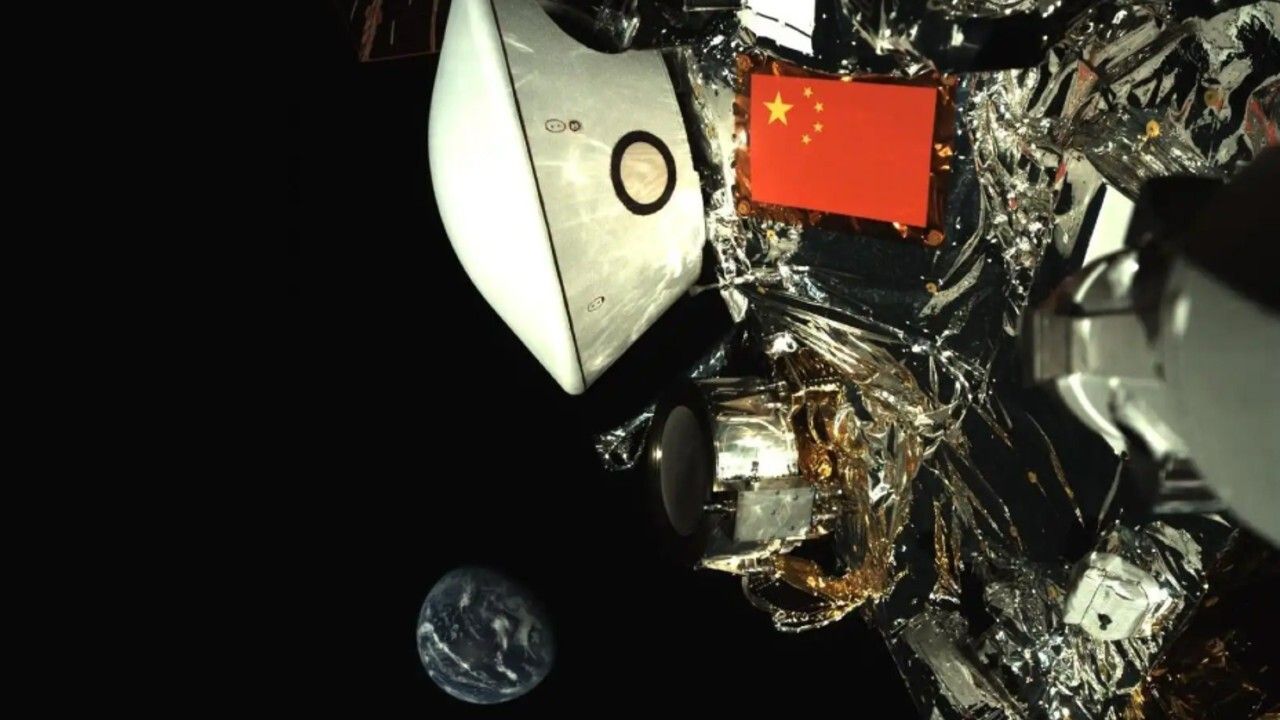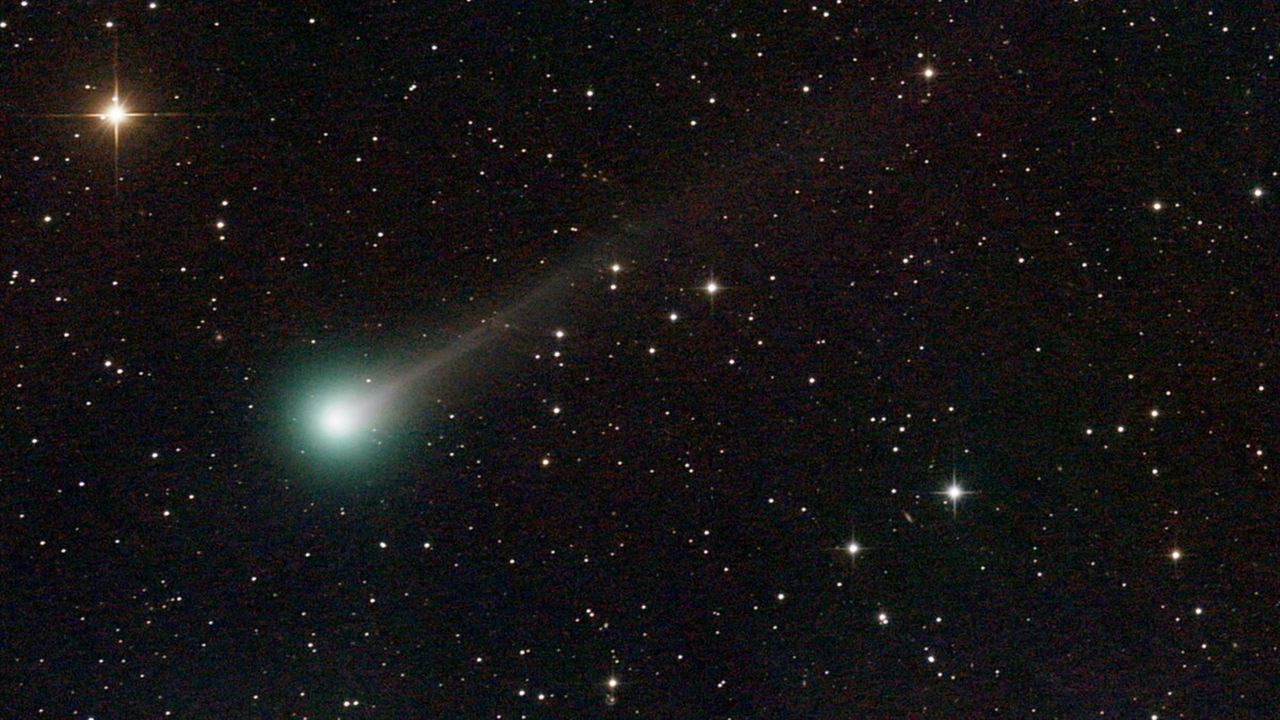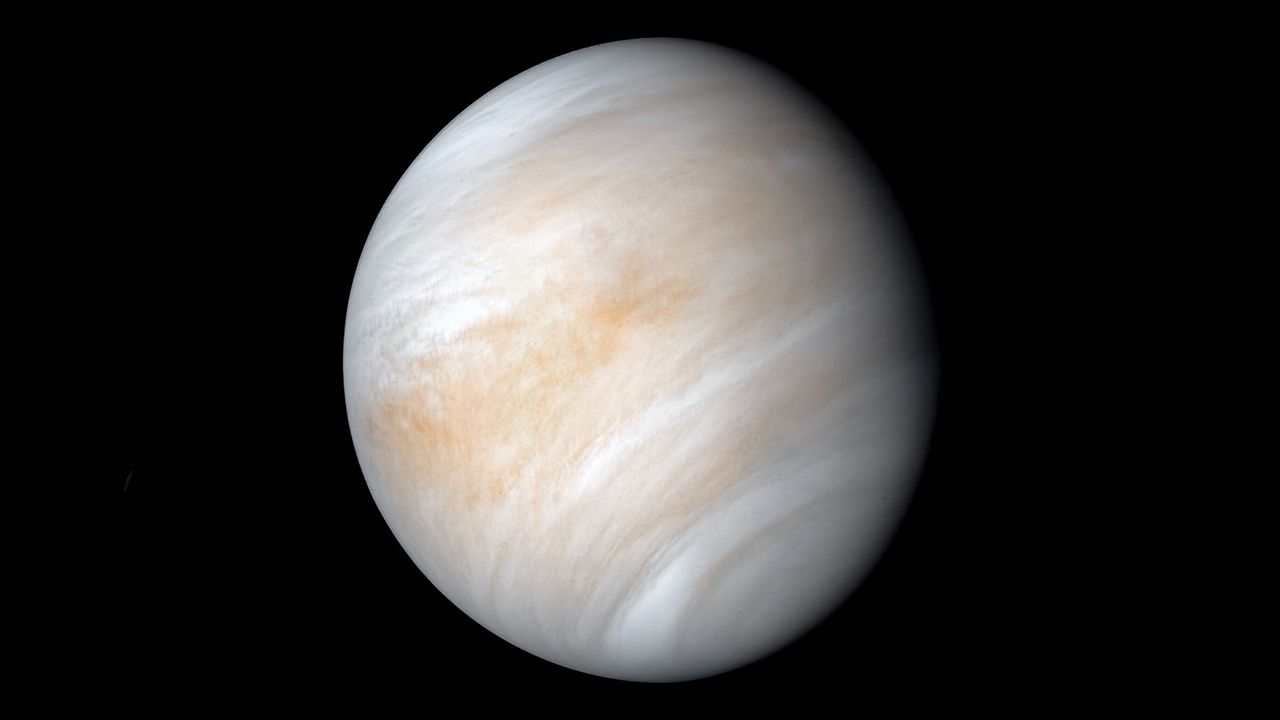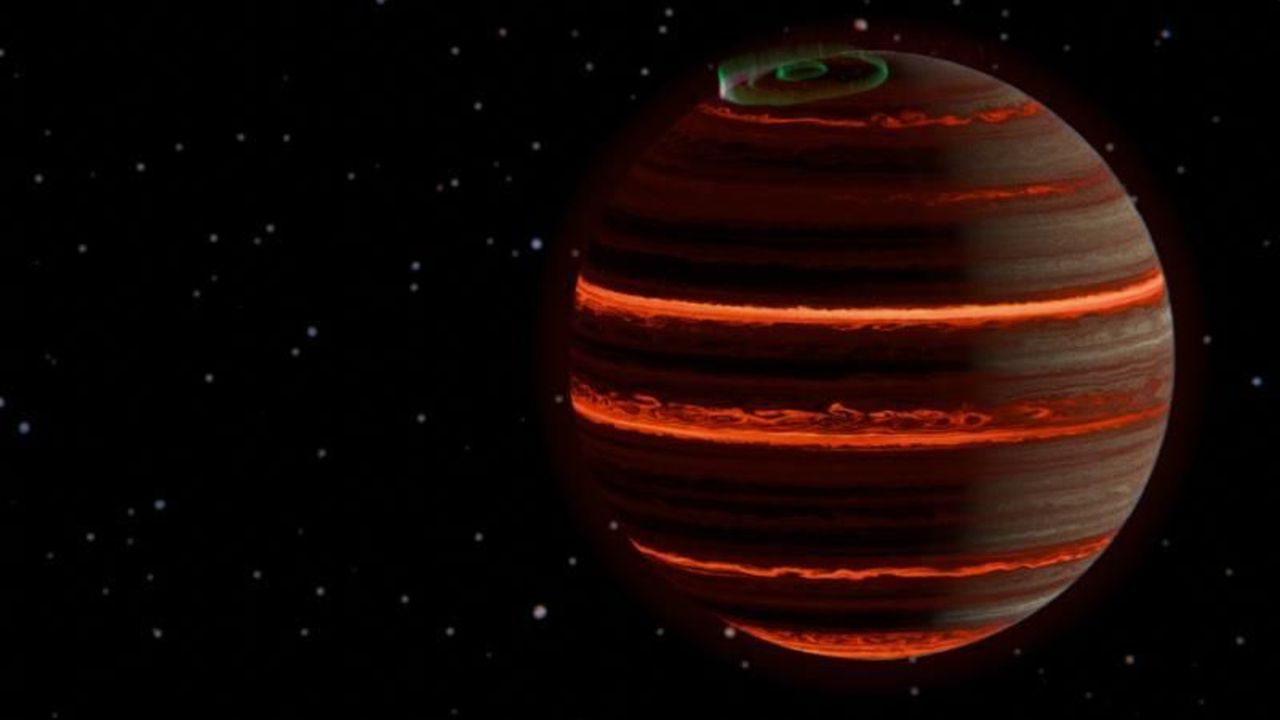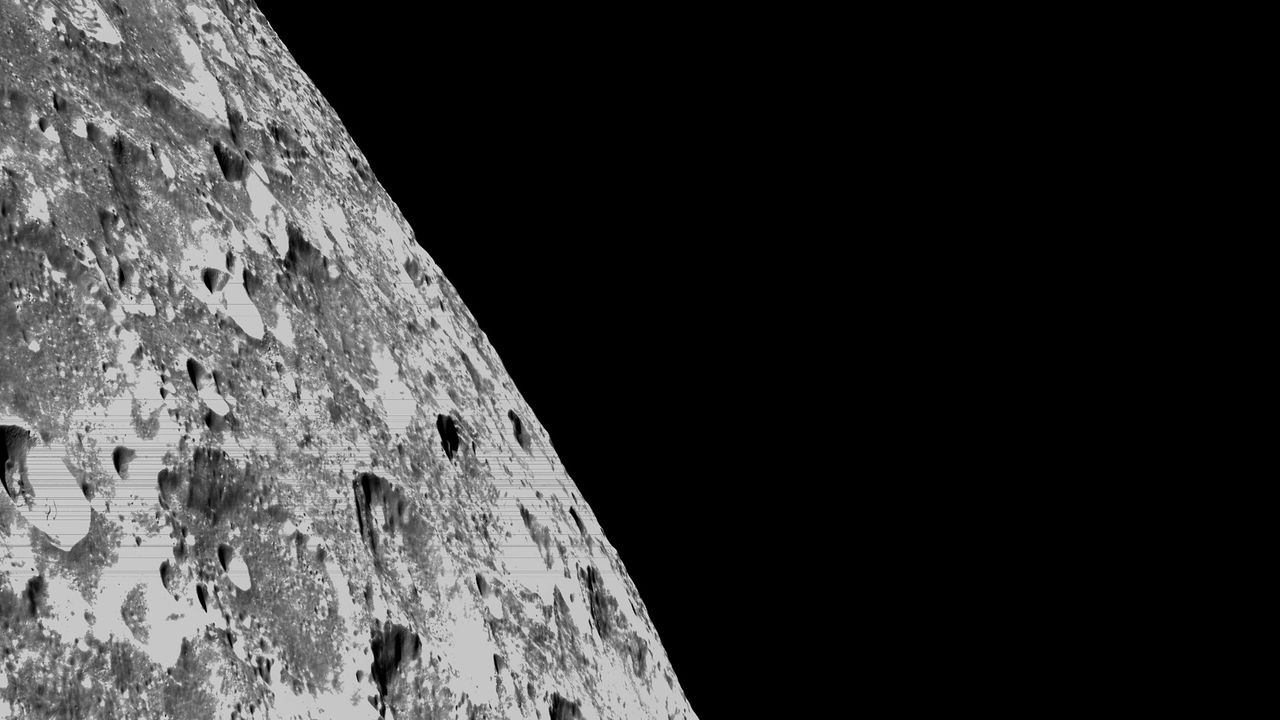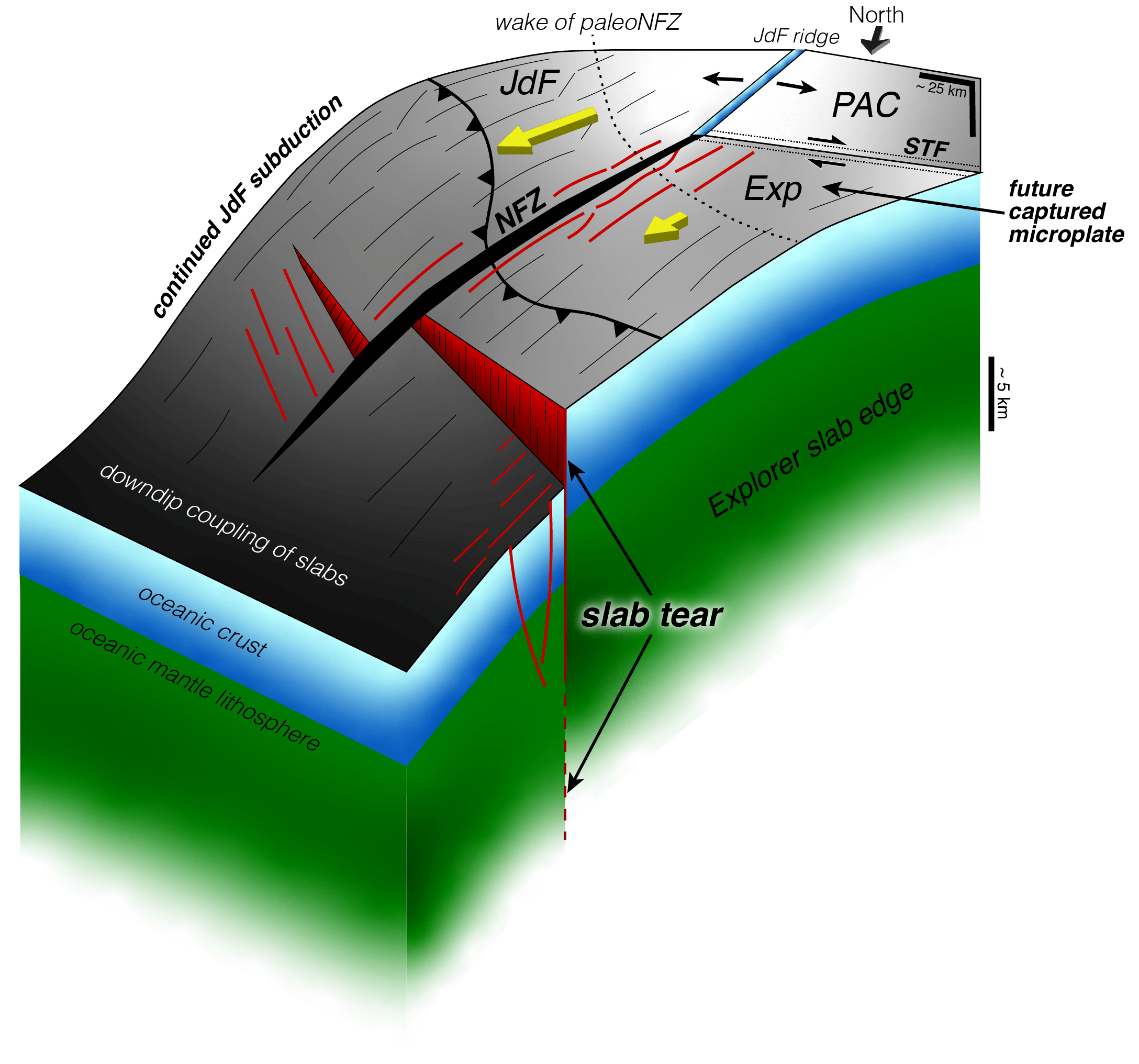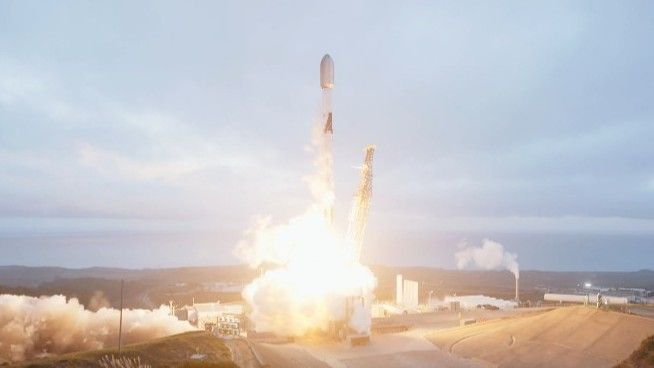Surprise asteroid flies by Earth at only 250 miles away (video)
NeutralScience
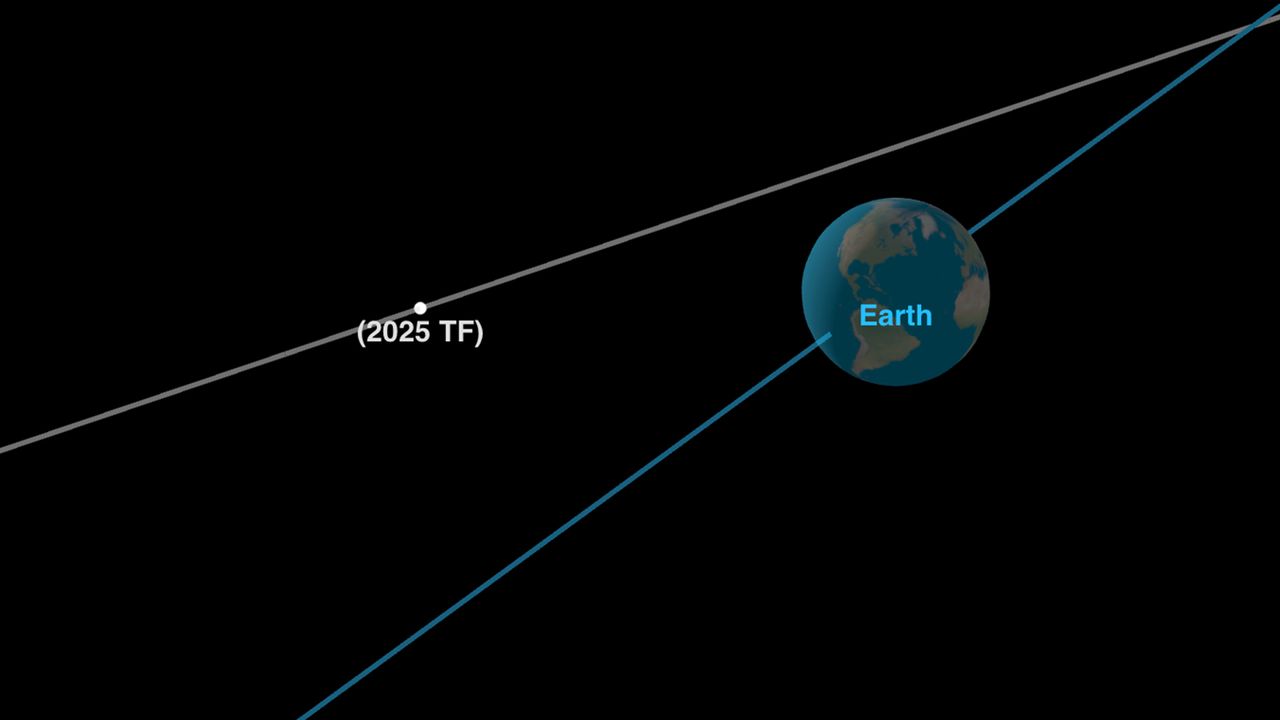
On September 30, an asteroid named 2025 TF made a close approach to Earth, flying by at just 250 miles away. This unexpected event caught the attention of astronomers, highlighting the dynamic nature of our solar system and the importance of monitoring near-Earth objects. While there was no threat to our planet, such close encounters remind us of the need for vigilance in tracking these celestial bodies.
— Curated by the World Pulse Now AI Editorial System
